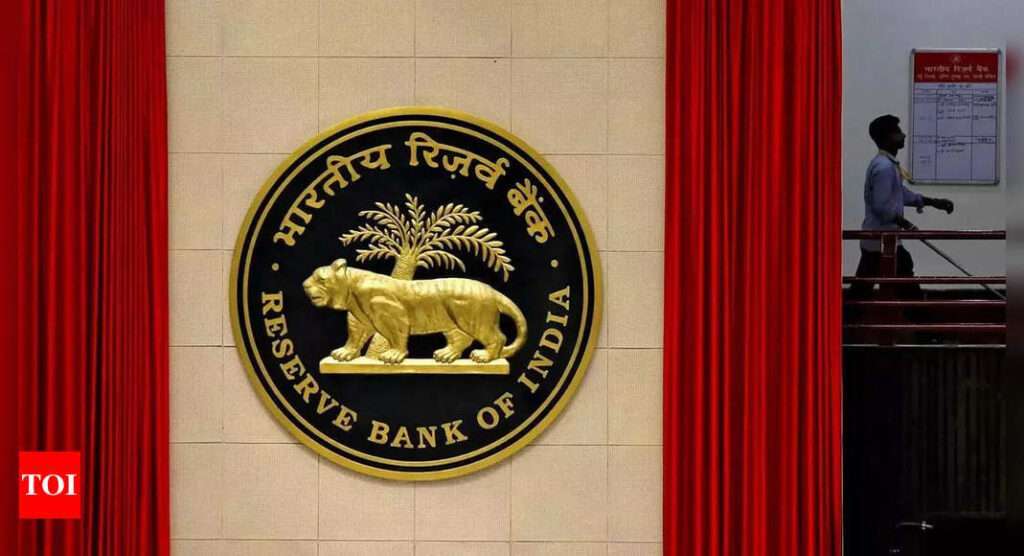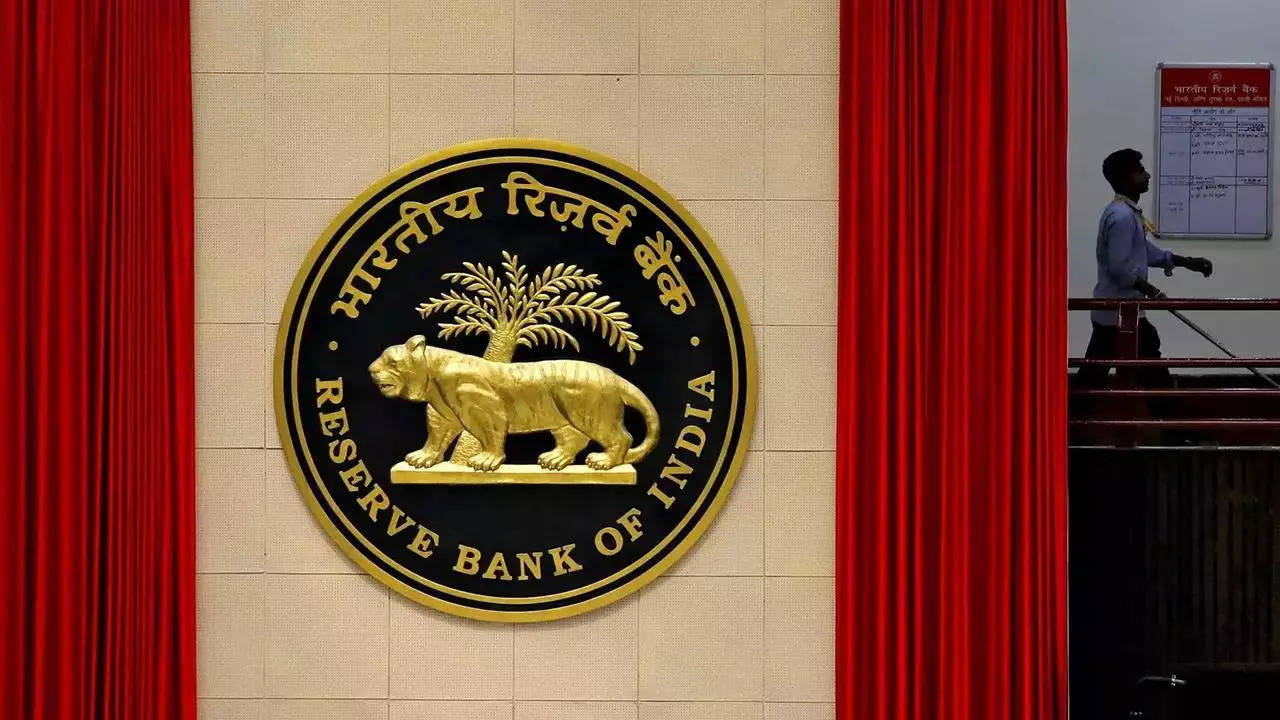Mumbai: RBI will keep vigil to mitigate risks as unbridled credit growth can be harmful to the health of a financial entity and if widespread, it could give rise to systemic concerns, deputy governor M Rajeshwar Rao has said.
Rao said that as a regulator, RBI’s endeavour is always to promote a robust and resilient financial intermediation system with an appropriate regulatory and supervisory framework.He said the technological developments and innovations hold great promise for the financial sector as they have immense potential to increase the reach of financial firms, enhance the range of product offerings and conveniences for customers, and expand the ambit of finance to hitherto excluded segments.
“At the same time, we need to be alert to the possibilities that new entrants into the financial services space, including fintech firms, could significantly alter the universe of financial services providers,” the deputy governor said while addressing an event last week.
This could affect the degree of market concentration and competition and may give rise to new challenges, he added. In his speech, he touched upon various aspects of regulations.
On containing risks from pro-cyclical lending, Rao said unbridled credit growth and any laxity in credit discipline or underwriting standards can be deleterious to the health of the financial entity concerned and if widespread, could give rise to systemic concerns.
“From this perspective, in recent times, credit off-take towards the consumer credit segment, especially the unsecured portfolio was observed to be quite substantial. Also, increasing dependency of NBFCs on bank borrowings was leading to regulatory concerns,” he said.
Although asset quality at broader portfolio level was not exhibiting any major signs of stress, the consistent high credit growth reported in the above segments warranted regulatory intervention. agencies
Rao said that as a regulator, RBI’s endeavour is always to promote a robust and resilient financial intermediation system with an appropriate regulatory and supervisory framework.He said the technological developments and innovations hold great promise for the financial sector as they have immense potential to increase the reach of financial firms, enhance the range of product offerings and conveniences for customers, and expand the ambit of finance to hitherto excluded segments.
“At the same time, we need to be alert to the possibilities that new entrants into the financial services space, including fintech firms, could significantly alter the universe of financial services providers,” the deputy governor said while addressing an event last week.
This could affect the degree of market concentration and competition and may give rise to new challenges, he added. In his speech, he touched upon various aspects of regulations.
On containing risks from pro-cyclical lending, Rao said unbridled credit growth and any laxity in credit discipline or underwriting standards can be deleterious to the health of the financial entity concerned and if widespread, could give rise to systemic concerns.
“From this perspective, in recent times, credit off-take towards the consumer credit segment, especially the unsecured portfolio was observed to be quite substantial. Also, increasing dependency of NBFCs on bank borrowings was leading to regulatory concerns,” he said.
Although asset quality at broader portfolio level was not exhibiting any major signs of stress, the consistent high credit growth reported in the above segments warranted regulatory intervention. agencies
We also published the following articles recently
Need to remain alert about financial service innovations: RBI
RBI deputy governor emphasized technology’s role in enhancing financial services for underserved segments, balancing regulation and innovation in the evolving financial landscape, and the importance of tailored regulations for niche market players to maintain efficiency and innovation.
RBI deputy governor emphasized technology’s role in enhancing financial services for underserved segments, balancing regulation and innovation in the evolving financial landscape, and the importance of tailored regulations for niche market players to maintain efficiency and innovation.
FM slams state’s financial mismanagement
Nirmala Sitharaman criticizes Kerala’s financial management, investment issues, and corruption. She highlights the importance of political continuity and economic stability, emphasizing Thiruvananthapuram’s role in policy making.
Nirmala Sitharaman criticizes Kerala’s financial management, investment issues, and corruption. She highlights the importance of political continuity and economic stability, emphasizing Thiruvananthapuram’s role in policy making.


